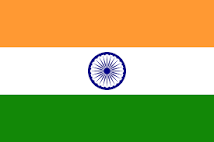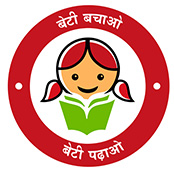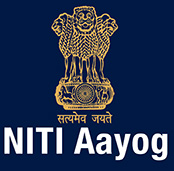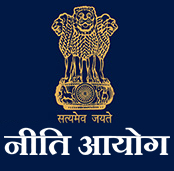- Overview
-
The broader vision of the Vertical is to be involved in the formulation of appropriate strategies and polices for the sustainable management of forests; protection of wildlife and habitats; maintenance of a clean, green, and healthy environment; mitigation of climate change. The Vertical seeks to improve the policy framework through effective consultation with all stakeholders, including the academia, think tanks and Centre, and State & UT Governments.
The Environment and Forests Division provides relevant strategic and technical advice across key elements of policymaking and disseminates best practices to protect our environmental resources. The Vertical intervenes to resolve inter-sectoral and inter-departmental issues between Central/States/UTs/other stakeholders to ensure smooth implementation of projects for national development.
- Core Functions
-
Policy Analysis and Formulation
The Vertical regularly reviews and analyzes the strategies and policies applied in the relevant sectors and provides directional inputs. The Vertical also takes the lead in formulating new policies in accordance with the changing needs of the nation and keeping in mind the increasing stress on resources.
Project Analysis and Evaluation
-
Examination of various project proposals for the consideration of SFC/EFC.
-
Examination of external aided projects and furnishing technical comments and recommendations for financial support.
-
Implementation plans/MoUs with multilateral institutions and groups.
-
Issues pertaining to environment, forest and climate change, and furnishing comments on technical and financial feasibility
-
Proposals in the form of Cabinet Notes/sector for CCEA, Committee on Establishment Expenditure (CEE)/Cabinet Committee on Security, of Ministries for comments and approval.
-
Preparation of Request for Qualification-cum-Request for Proposal document for engagement of consultants for preparation of feasibility reports and master plans for development.
-
Research proposals with respect to Environment, Forest and Climate Change.
-
- Line Ministries/Relevant Stakeholders
-
-
Ministry of Environment, Forest, and Climate Change
-
- Reports
-
-
Action Plan for Biomass Management
-
Action Plan for Clean Fuel
-
Action Plan for Clean Industry
-
Action Plan for Clean Transport
-
Alternative Products and Technologies to Plastics and their applications
-
- Projects
-
The following Research Studies have been completed
-
Coal Mining, Displacement and Rural Livelihoods: A Study in Mahanadi Coal Field, Odisha, conducted by the National Institute of Technology, Rourkela.
-
Socio-Economic Impact Study of Mining and Mining Policies on Livelihoods of Local Population in Vindhyan Region of Uttar Pradesh, conducted by the Centre for Social Forestry and Eco-Rehabilitation, Allahabad.
Upcoming/Ongoing:
-
Challenges and Prospects in Harnessing Bamboo Wealth in India- A meeting was held in April, 2023 under the Chairmanship of Hon’ble Member (Agri.), NITI Aayog wherein the issues related to harnessing bamboo wealth in the country was discussed with representatives from Academia, Industries and concerned Ministries. Accordingly, future plan of action was deliberated upon.
-
A committee has been constituted under the Chairmanship of Hon’ble Member (S&T), NITI Aayog to discuss and deliberate upon alternate criterion for reducing biodegradability test duration and amendment in IS 17899 T:2022 for biodegradable plastics in India.
-
- Who's Who
-
Name Designation Email ID Sh. Rajnath Ram Adviser rajnath-pc[at]nic[dot]in Ms. Poonam Kapur Research Officer Poonam[dot]kapur[at]gov[dot]in Sh. Nitish Nagar Asst. Section Officer nitish[dot]nagar91[at]gov[dot]in Ms. Anshika Singh Young Professional Anshika[dot]singh[at]nic[dot]in
Natural Resources and Environment
 National Portal Of India
National Portal Of India 


